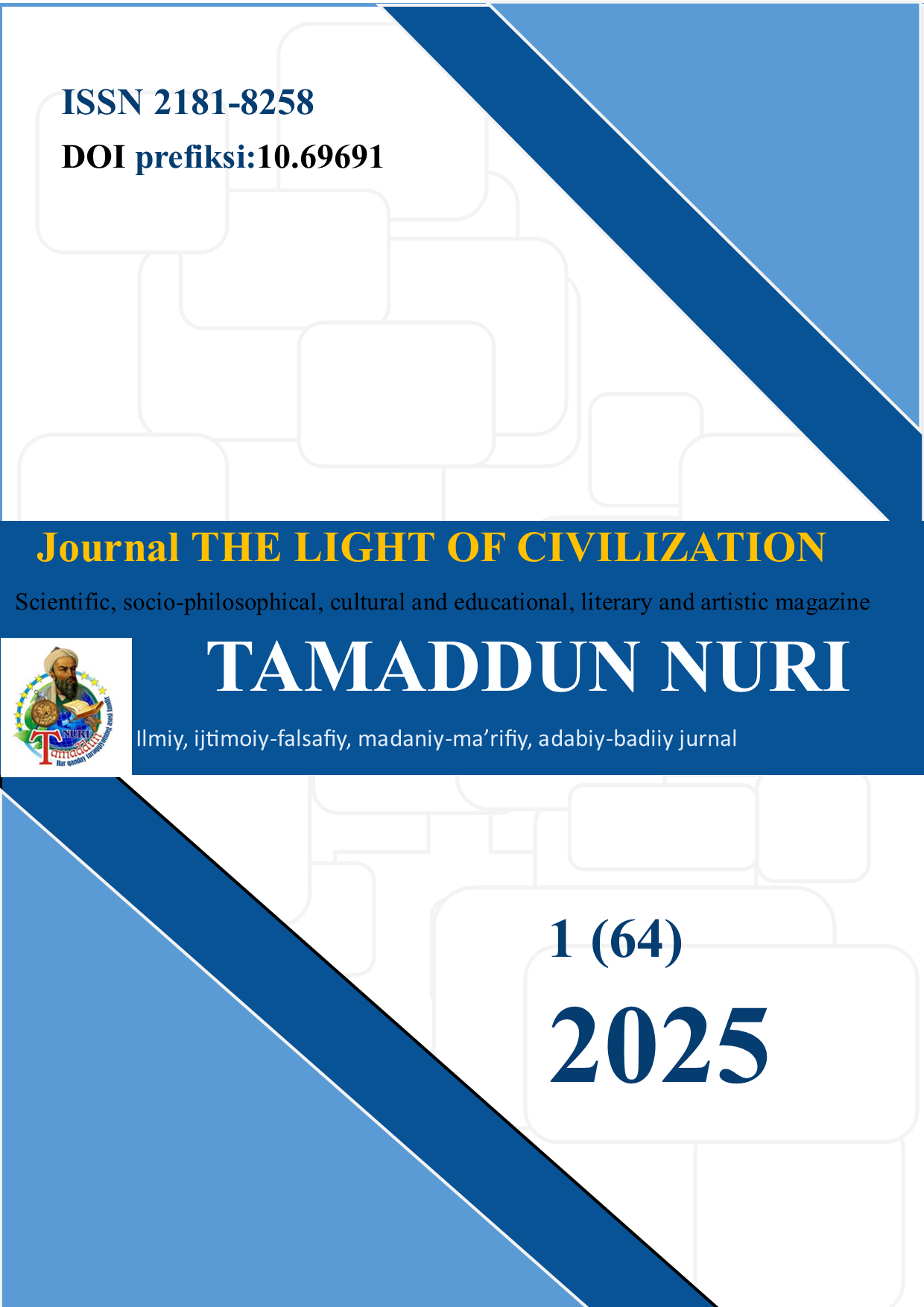THE ROLE OF REALIA IN PRESERVING CULTURE THROUGH TRANSLATION
DOI:
https://doi.org/10.69691/kkb7t132Keywords:
realia, cultural identity, contextual explanation, calque, borrowing, translation, cultural preservation.Abstract
This article explores the role of realia in preserving cultural identity through translation. Realia-terms or expressions tied to specific cultural phenomena-pose unique challenges for translators, as they lack direct equivalents in other languages. This study analyzes examples of realia from Uzbek and Karakalpak cultures, such as “sa’wkele”, “beshik” and “mahalla”, and examines the strategies employed by translators to maintain cultural authenticity. Through borrowing, contextual explanations, and cultural adaptation, translators act as mediators, ensuring the transmission of cultural knowledge across linguistic divides. The findings demonstrate how the careful handling of realia fosters global cultural appreciation while safeguarding local heritage.
References
Florin, S. (1993). Realia in translation: A theoretical approach.
Newmark, P. (1988). A Textbook of Translation.
Venuti, L. (1995). The Translator’s Invisibility: A History of Translation.
United Nations Development Programme. (2007). Mahalla: A Social Institution in Uzbekistan.
Vlakhov, Sergei and Florin, Sider. (1986/2012). Neperevodimoe v perevode, 2nd edition, Moscow: Valent.
Nazarova N. (2022). Ingliz va o‘zbek tillarida realiyalar. Oriental Renaissance: Innovative, educational, natural and social sciences. Vol.2
Roziqova M. (2022). Tilshunoslikda realiya tushunchasi va o‘zbek tilidagi milliy realiyalar xususiyatlari. Eurasian journal of academic research. Vol.2.
D.U. Ashurova, M.R. Galiyeva. (2019). Cultural linguistics. –Toshkent.
A.Kharina. (2018). Realia in Literary Translation - Ph.D. Dissertation.
Downloads
Published
Issue
Section
License
Copyright (c) 2025 Journal of Tamaddun Nuri

This work is licensed under a Creative Commons Attribution-NoDerivatives 4.0 International License.



